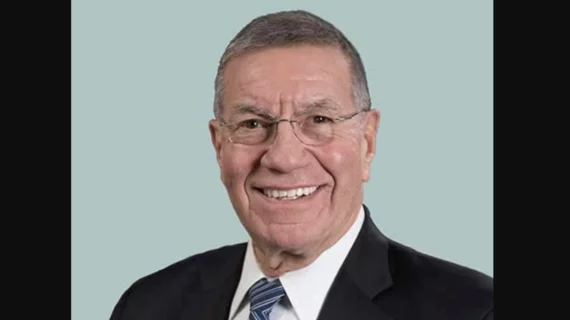Veteran cardiologist Adolph M. Hutter, MD, a past president of the American College of Cardiology (ACC), died on Dec. 5. He was 86 years old.
Hutter joined Massachusetts General Hospital (MGH) in Boston as a cardiology fellow in 1968 and stayed there for his entire career, eventually serving as director of the MGH Heart Center’s Cardiac Performance Program. In addition, he worked as a cardiologist with multiple professional sports teams, including the New England Patriots, Boston Bruins and New England Revolution.
Hutter was also a celebrated researcher, contributing to more than 150 publications and specializing in coronary artery disease, valvular heart disease and the athletic heart.
While he was the ACC’s president from 1992 to 1993, Hutter served the group in several other capacities as well. He chaired the ACC Board of Trustees, for example, as well as its Credentials Committee, Chapter Relations Committee and Government Relations Committee.
“Dr. Hutter was a master clinician, a pioneering sports cardiologist, and a dedicated teacher of generations of cardiologists at MGH and worldwide. Most of all, however, he was a friend to all,” ACC Board of Trustee member James L. Januzzi Jr., MD, said in a statement. “He was a warm, kind person, someone who genuinely showed interest in getting to know his patients and his colleagues.”
Other colleagues described Hutter as a “larger-than-life titan of cardiology” and “an MGH stalwart through and through” in his official obituary.
Hutter is survived by Sylvia Murry Hutter, his wife of 63 years, as well as five children and 13 grandchildren.

